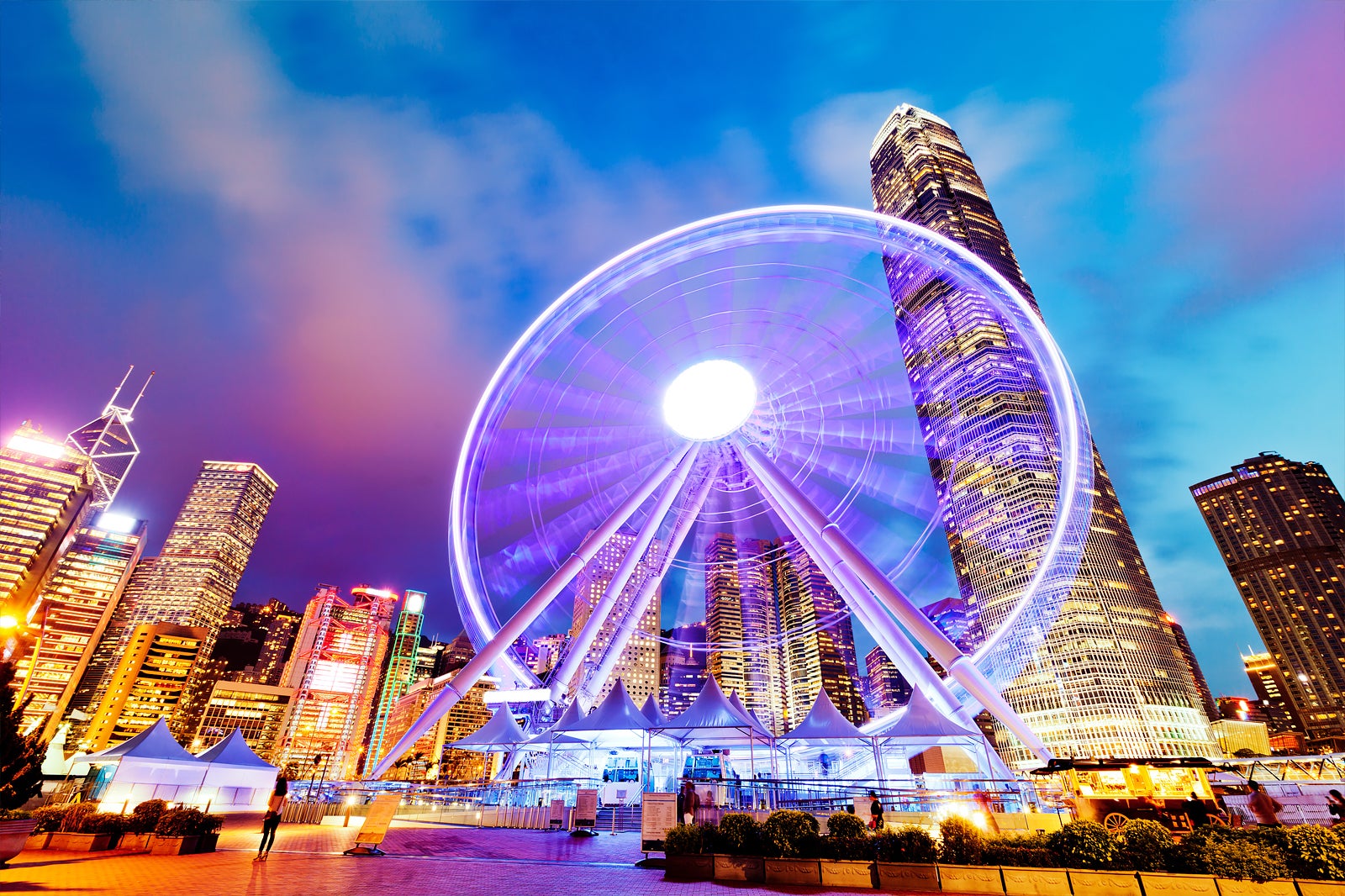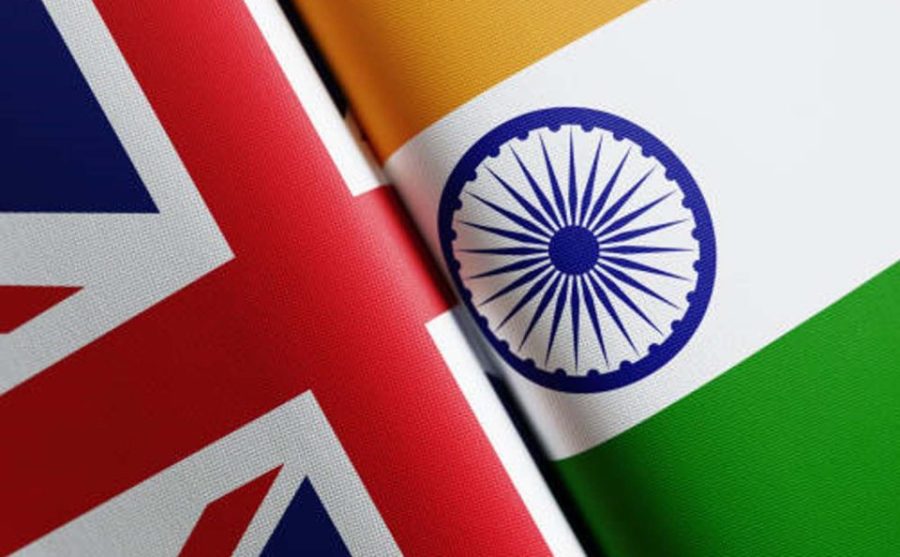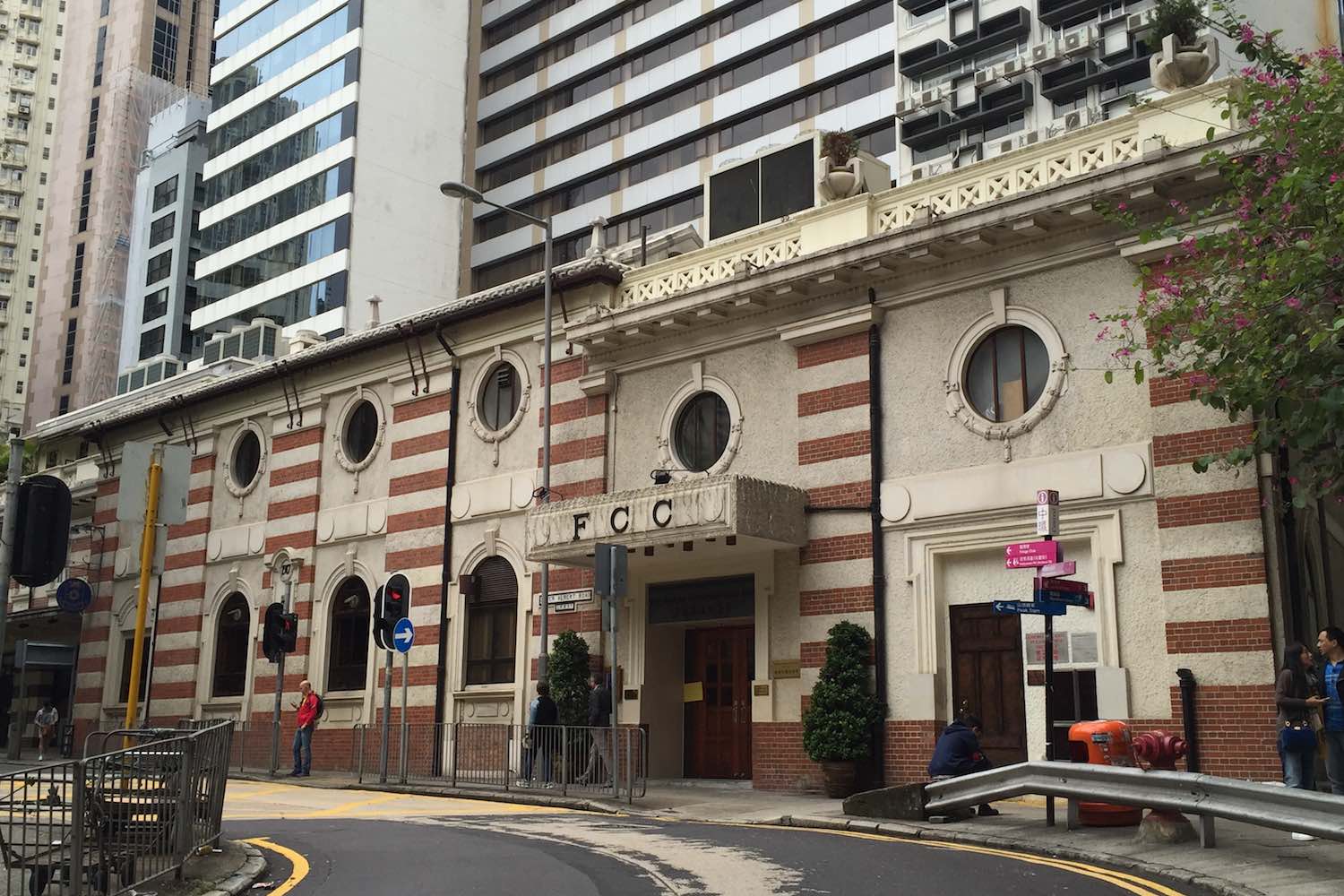The 2025 World Press Freedom Index, released today by Reporters Without Borders (RSF), reveals that Hong Kong’s press freedom ranking has sunk to an all-time low of 140th, down five places from last year. For the first time, the city has entered the “red zone,” classified as having a “very serious” press freedom situation. Compared to its vibrant media landscape before 2019, this sharp decline has sparked widespread international concern and poses profound implications for Hong Kong’s society, economy, and global standing.
Ranking Plummets Below Sri Lanka
Hong Kong ranks 140th out of 180 countries and territories, sandwiched between Sri Lanka (139th) and Kazakhstan (141st), with a score of just 40 points. This marks a stark contrast to its 18th position in 2002 and 73rd in 2019. RSF’s Asia-Pacific Advocacy Director, Aleksandra Bielakowska, stated that Hong Kong’s media environment is increasingly resembling mainland China’s (ranked 178th), describing it as “one of the world’s largest prisons for journalists.”
Pre- and Post-2019: A Stark Contrast
Before the 2019 anti-extradition protests, Hong Kong was hailed as a bastion of press freedom in Asia, a far cry from its current state:
- Ranking and Environment:
- Pre-2019: In 2018, Hong Kong ranked 70th, and in 2012, it stood at 54th. The city boasted a thriving media ecosystem, with major outlets like Apple Daily, Ming Pao, and South China Morning Post, alongside emerging online platforms such as Hong Kong 01 and Stand News. Journalists could freely cover sensitive political topics, including government policies, mainland interference, and social movements, with minimal legal repercussions.
- 2025: Now at 140th, independent media have all but vanished. Outlets like Apple Daily and Stand News have shuttered, and journalists face charges of “sedition” or “collusion with foreign forces” for their reporting or commentary. RSF reports that at least 10 journalists and press freedom defenders are currently detained, with self-censorship pervasive.
- Legal Framework:
- Pre-2019: Hong Kong’s Basic Law guaranteed freedom of expression, and colonial-era sedition laws were rarely invoked. While journalists occasionally faced pressures (e.g., advertisers withdrawing or pro-establishment groups’ harassment), legal risks were low, and global media viewed Hong Kong as a regional hub.
- 2025: The 2020 National Security Law (NSL) and 2024 Article 23 legislation (Safeguarding National Security Ordinance) have enabled authorities to suppress media under the guise of “national security.” The NSL’s vague definitions of “sedition” and “collusion” have become tools to criminalise reporting or social media posts.
- Media Operations:
- Pre-2019: Hong Kong hosted dozens of active media outlets, with online platforms and citizen journalists flourishing. Foreign journalists could easily obtain work visas, and international outlets like CNN and BBC maintained regional headquarters in the city.
- 2025: Following a wave of closures, only pro-government or self-censoring media remain. Non-local journalists are frequently denied visas, and foreign reporters, such as those from The Wall Street Journal, have been sacked for press freedom advocacy. The Hong Kong Journalists Association (HKJA) estimates a nearly 40% reduction in media outlets since 2019.
- Public Engagement:
- Pre-2019: Citizens could freely express views through newspapers, radio, and online platforms, criticising the government or joining protests without significant legal risks. During the 2019 protests, journalists and online media extensively covered demonstrations, drawing global attention.
- 2025: Public discourse has been stifled, with social media posts or interviews with foreign media potentially deemed “collusion.” Citizens avoid discussing sensitive issues (e.g., government policies or judicial independence), and protest coverage has virtually disappeared.
NSL and Article 23 Fuel Crackdown
RSF’s report attributes the decline to the NSL and Article 23, which have facilitated selective law enforcement, intensifying media self-censorship. Key cases include:
- Closure of Stand News: In 2021, police froze Stand News’ assets, and former editors Chung Pui-kuen and Patrick Lam were convicted of “sedition,” marking the first such case against journalists since the 1997 handover. Pre-2019, Stand News was internationally lauded for its in-depth reporting.
- Shutdown of Apple Daily: In 2021, Next Digital founder Jimmy Lai and executives were arrested, forcing Apple Daily to cease operations. Lai faces ongoing trials for “collusion with foreign forces,” with his case involving 161 articles. In 2019, the newspaper was a key source of protest coverage.
- Pressure on HKJA: The Wall Street Journal reporter Selina Cheng was sacked for chairing the HKJA, indicating pressures on foreign media. Pre-2019, the HKJA freely advocated for press freedom without direct threats.
Profound Impacts on Hong Kong
The erosion of press freedom has far-reaching consequences:
- Loss of Public Right to Know: The closure of independent media has left citizens struggling to access objective information, reducing government transparency. Unlike 2019’s open debates during the protests, sensitive topics are now scarcely covered, undermining public oversight.
- Economic and Investment Confidence: Hong Kong’s allure as a global financial hub hinges on its rule of law and freedoms. The press freedom crisis tarnishes its image, with the International Chamber of Commerce noting that some multinationals are relocating to Singapore due to deteriorating rule of law. Pre-2019, media freedom was a draw for foreign investment.
- Talent Drain and Industry Decline: Journalists are leaving the profession or emigrating due to safety fears, causing a severe talent shortage. The HKJA estimates that 30% of news workers have exited since 2019, far exceeding pre-2019 turnover rates. Visa denials for foreign journalists weaken Hong Kong’s status as a media hub.
- Social Trust Crisis: Restricted press freedom has deepened public distrust in the government and judiciary. Unlike the open dissent of 2019, citizens now self-censor due to legal risks, eroding social cohesion.
- Strained International Relations: The US and UK have imposed sanctions on Hong Kong officials, accusing the city of breaching the Sino-British Joint Declaration. Pre-2019, Hong Kong’s press freedom earned global respect; now, it faces frequent diplomatic criticism, impacting international cooperation.
Public Reaction
Hong Kongers have reacted strongly to the ranking drop. An anonymous journalist remarked, “In 2019, we could report the truth; now, even writing commentary requires caution.” On X, citizens have questioned the government’s suppression of speech under the guise of “stability,” lamenting Hong Kong’s lost vibrancy. University student Chan laments, “We used to learn about the world through Apple Daily; now we rely on foreign media, and Hong Kong feels alien.”
Future Outlook
The future of Hong Kong’s press freedom hinges on several factors:
- Pessimistic Outlook: If authorities tighten controls further via the NSL and Article 23, Hong Kong’s media ecosystem could collapse entirely, with independent reporting relegated to underground or overseas platforms. RSF warns that the city’s ranking could approach mainland China’s. International sanctions may have limited impact, given Beijing’s growing influence over Hong Kong policies.
- Optimistic Possibilities: Hong Kong’s judiciary and global scrutiny could offer some respite. For instance, a court ruling in favour of RTHK’s Headlines programme shows that the judiciary can still check executive power. Sustained pressure from citizens and the international community might prompt limited concessions to restore investor confidence.
- Citizen Action and New Media: Despite traditional media’s decline, some journalists have turned to platforms like YouTube and Patreon, echoing the grassroots spirit of 2019’s online media boom. Citizen journalists could become a new force, though they face legal risks and limited reach.
International Calls to Action
RSF urges the international community to pressure Hong Kong and Beijing to ensure journalists’ safety and to halt media suppression under the NSL. The UN Human Rights Office and Media Freedom Coalition have called on Hong Kong to uphold international human rights commitments. However, the Hong Kong government insists that these laws are necessary for “stability” and denies undermining press freedom.
Conclusion
From its pre-2019 status as Asia’s press freedom beacon to its current 140th ranking, Hong Kong’s media landscape has suffered a precipitous fall. This not only dims its shine as an “Asian world city” but also poses long-term challenges to social trust, economic competitiveness, and global standing. Whether Hong Kong can reclaim its press freedom will depend on the interplay of government policy, public resilience, and international advocacy.




